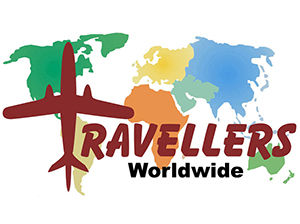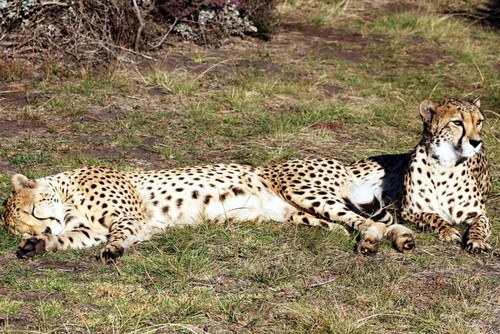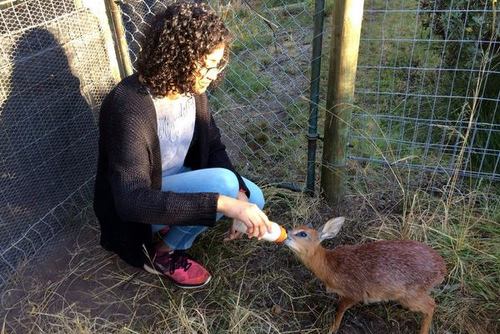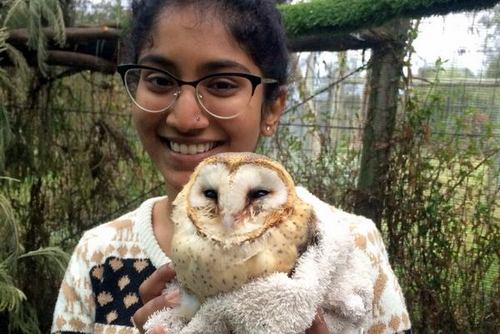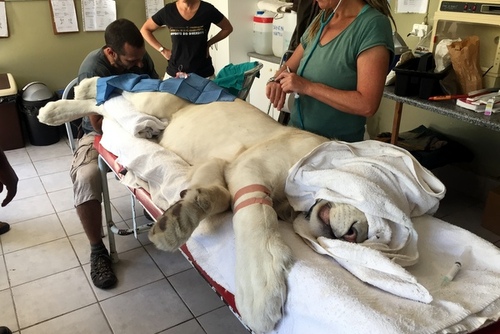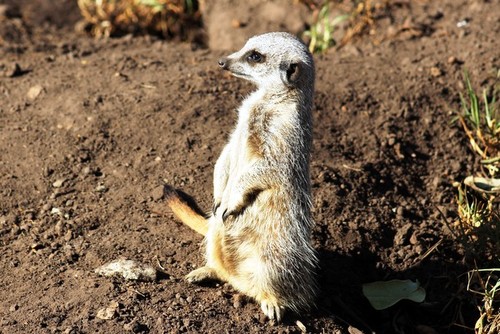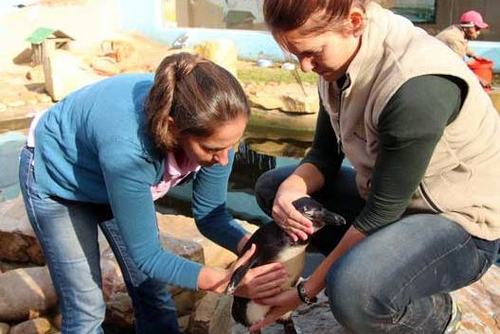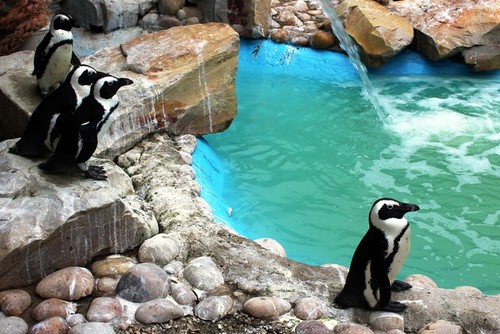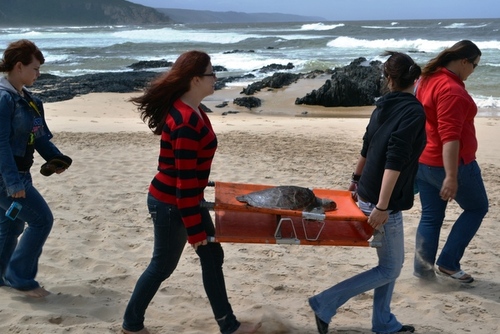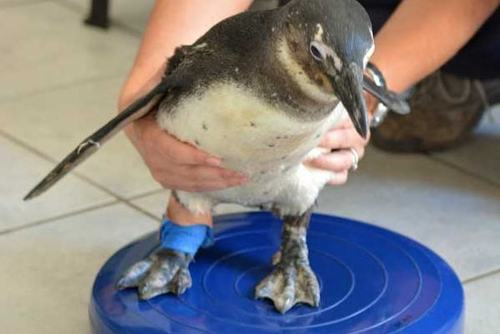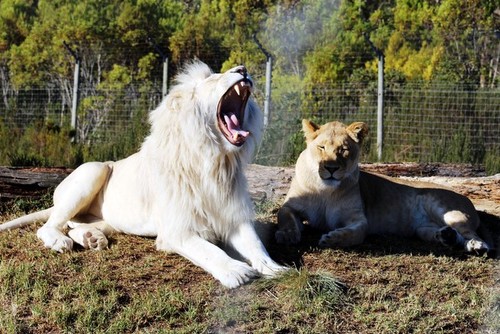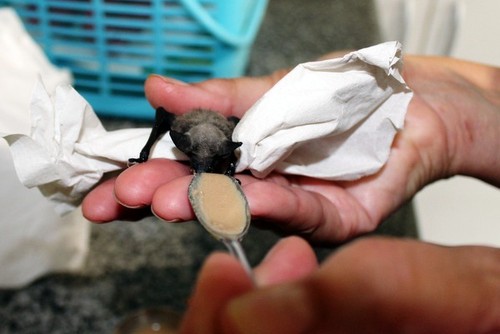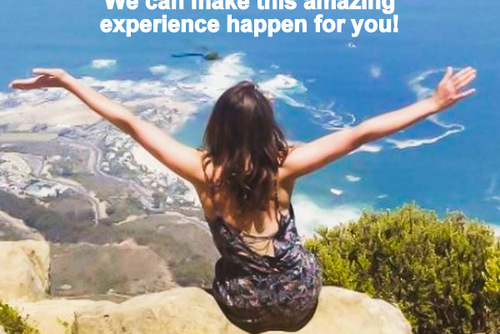You’ll work to help provide life-saving care and veterinary treatment to wild animals in distress. As well as feeding the wildlife animals and working on enclosure enrichment, you’ll also be involved in the care and medical treatment of animals.
The nature of the work includes partly veterinary and partly care work with animals. There are two main sections to this project that you’ll be rotated on weekly.
- The Wildlife and wild cat awareness centre (for the public); and
- The Wildlife Rehabilitation and Clinic (not for the public).
Assisting in the Awareness Centre
To fund the rehabilitation work and to raise awareness of the conservation issues in South Africa, the centre offers small group programs throughout the day with a focus on providing a conservation-based, informative tour.
The awareness centre homes captive bred ‘ambassador’ animals where a few select animals are bred and used for education and awareness purposes, which is vital to conservation efforts. Note: This should not be confused with a ‘breeding centre’ (which has no conservation value).
The work you’ll be involved with at the Awareness Centre could include …
- Assisting with vaccinations and inoculations of ambassador animals
- Assisting with giving the cheetah its diabetes medication
- Assisting the animal keepers and the veterinary nurse with animal enrichments
- Cleaning enclosures
- Preparing food and feeding animals
- Monitoring animals’ behaviour and general animal husbandry
Assisting in the Wildlife Rehabilitation Centre and Clinic
This area of the rehabilitation centre is not open to the public. Here you’ll be able to assist with much needed care for the animals in the unit, such as:
- Check the ICU (Intensive Care Unit) in the mornings
- Administrating medications and hydration
- Food preparations and feeding, which can involve various methods like hand-feeding through tubes, cropping etc. This would be twice a day or more depending on the animal in the clinic
- New admissions assessments
- Relocating animals to other enclosures onsite
- Assisting with hard releases into the wild
- Assisting with animals in soft release enclosures
- Helping to administer Physiotherapy to animals that are injured and need it
- Checking incubators
- Assessing the animals’ behaviour and monitoring them while they're in the hospital and clinic.
ACCOMMODATION:
The accommodation is in a beautiful and very comfortable house on the project grounds. The rooms are same-sex dorms with maximum of 5 people sharing. Wherever possible, couples or related volunteers who would like to stay together in the volunteer house are given their own room, but this is obviously dependant on how many volunteers there are in the house at the time.
Laundry, Wi-Fi and satellite TV are included!
The house also has an outside patio area with a fire pit and braai (BBQ) facilities.
FOOD:
Food is included in the project and consists of the following:
- Breakfast – Help yourself to breakfast; cereals, fruit, yoghurts, toast and spreads.
- Lunch – A packed lunch on excursion days or help yourself to lunch – with breads, fruits, cold meats, salad of the day and spreads.
- Dinner – A hot meal will be served every night such as traditional BBQ (Braai), stews (known as Potjies), casseroles, fresh vegetables and meats being the order of the day.
- Tea and coffee are available throughout the day.
You’ll assist in the preparation of meals and to help clean up after meals.
Any special dietary requirements (vegetarians/food allergies) are met within reason
WHAT TO DO NEXT:
If you’d like more information about this or any of our projects, please email or call us! If you’d like to apply for this project, please go to our website and complete the application form. As soon as we receive it, we’ll liaise with you and then start making your travel adventure happen.

